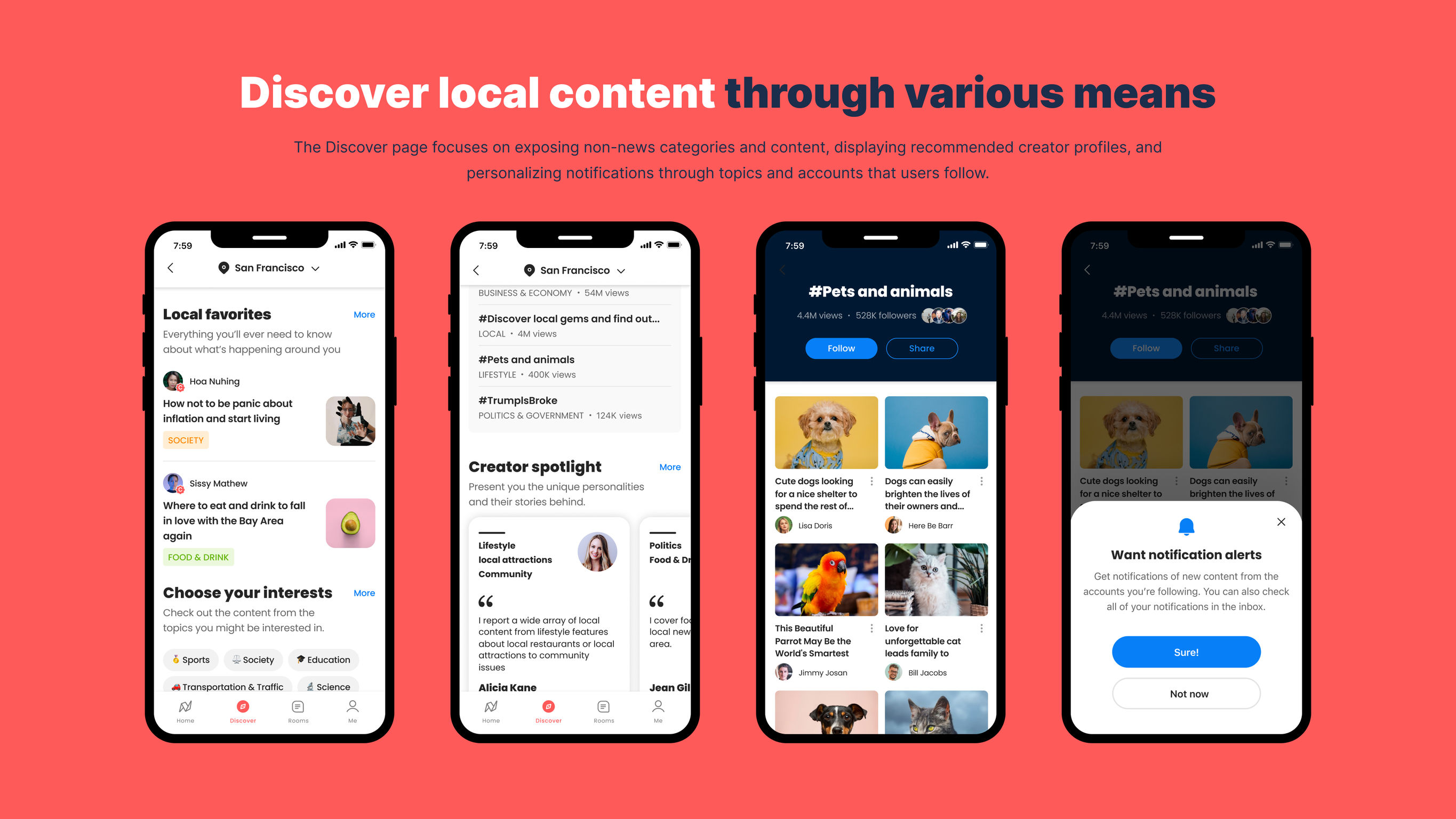Many of us rely on news apps to stay informed, but what happens when the news itself isn’t real? A recent Reuters investigation revealed that NewsBreak, a popular free news app in the US, has been publishing fabricated stories generated by artificial intelligence (AI) since 2021.
NewsBreak combines licensed content from reputable sources like CNN and Reuters with AI-rewritten press releases and local news articles. This approach, however, has led to some serious issues.
One glaring example involved a completely fabricated story about a shooting in Bridgeton, New Jersey, published on Christmas Eve. The story caused unnecessary panic before being debunked by local police. This wasn’t an isolated incident. Inaccurate AI-generated articles from NewsBreak also disrupted operations for charities. A food bank in Colorado was forced to turn away hungry individuals due to incorrect information about food distribution times. Similarly, a Pennsylvania charity faced confusion after a fabricated report about a 24-hour foot care clinic appeared on the app.
The consequences of these errors extended beyond inconvenience. People in need were misled, and trust in the app was eroded. While NewsBreak has since added a disclaimer acknowledging potential inaccuracies and removed the flagged stories, the damage is already done.
The investigation also raised concerns about copyright infringement, with NewsBreak accused of copying content without permission. Additionally, NewsBreak’s ties to China have come under scrutiny. While the app claims to be US-based with US investors, its Chinese origins and the involvement of engineers with potential military affiliations raise questions about data privacy and editorial control.
So, what can you do as a news consumer? This incident highlights the importance of media literacy. Here are some tips:
- Be wary of sensational headlines and claims that seem too good (or bad) to be true.
- Check the source of the story and look for reputable news organizations.
- If something seems off, do your own research to verify the information.
By staying informed and being critical of the information you consume, you can avoid falling victim to fake news, no matter the source.



